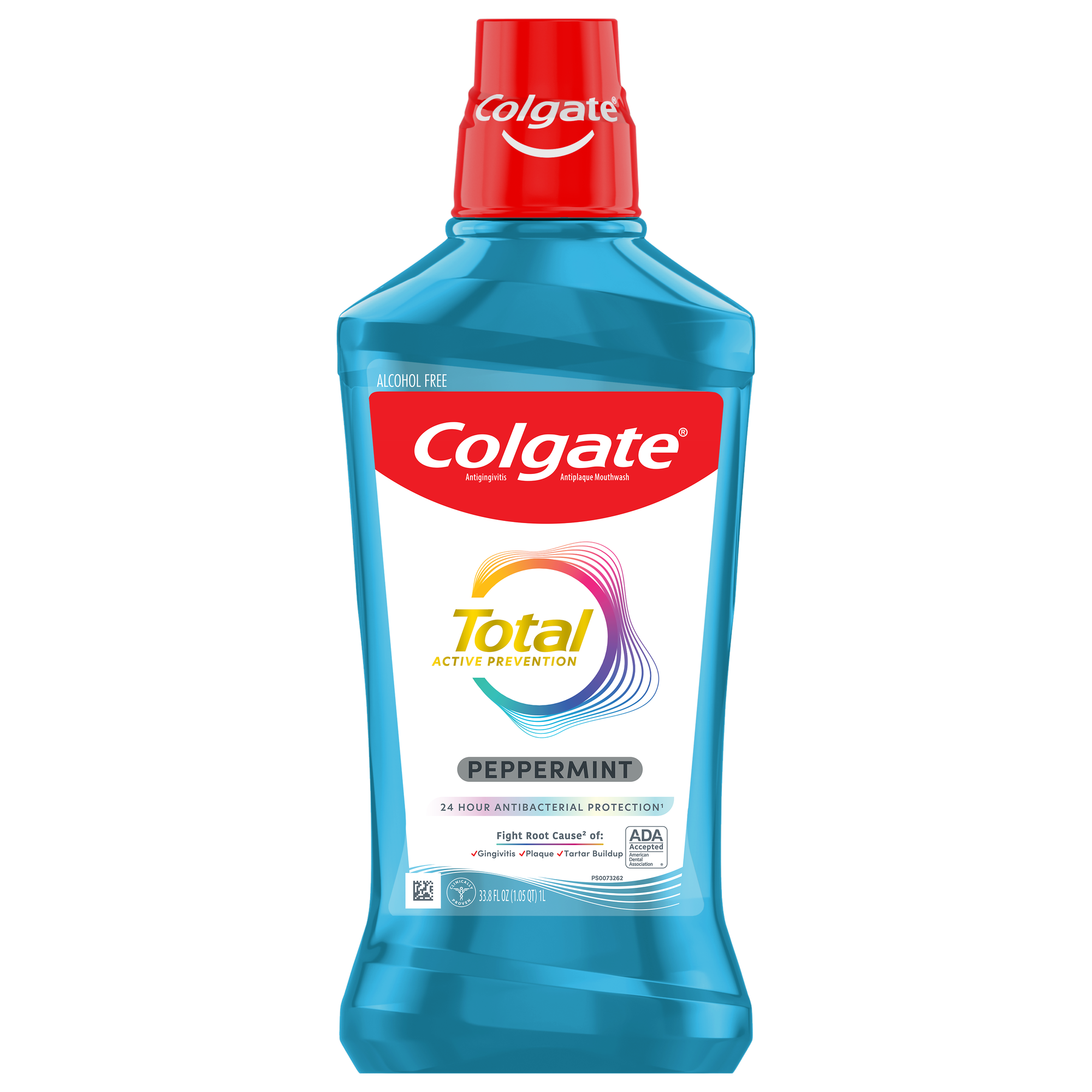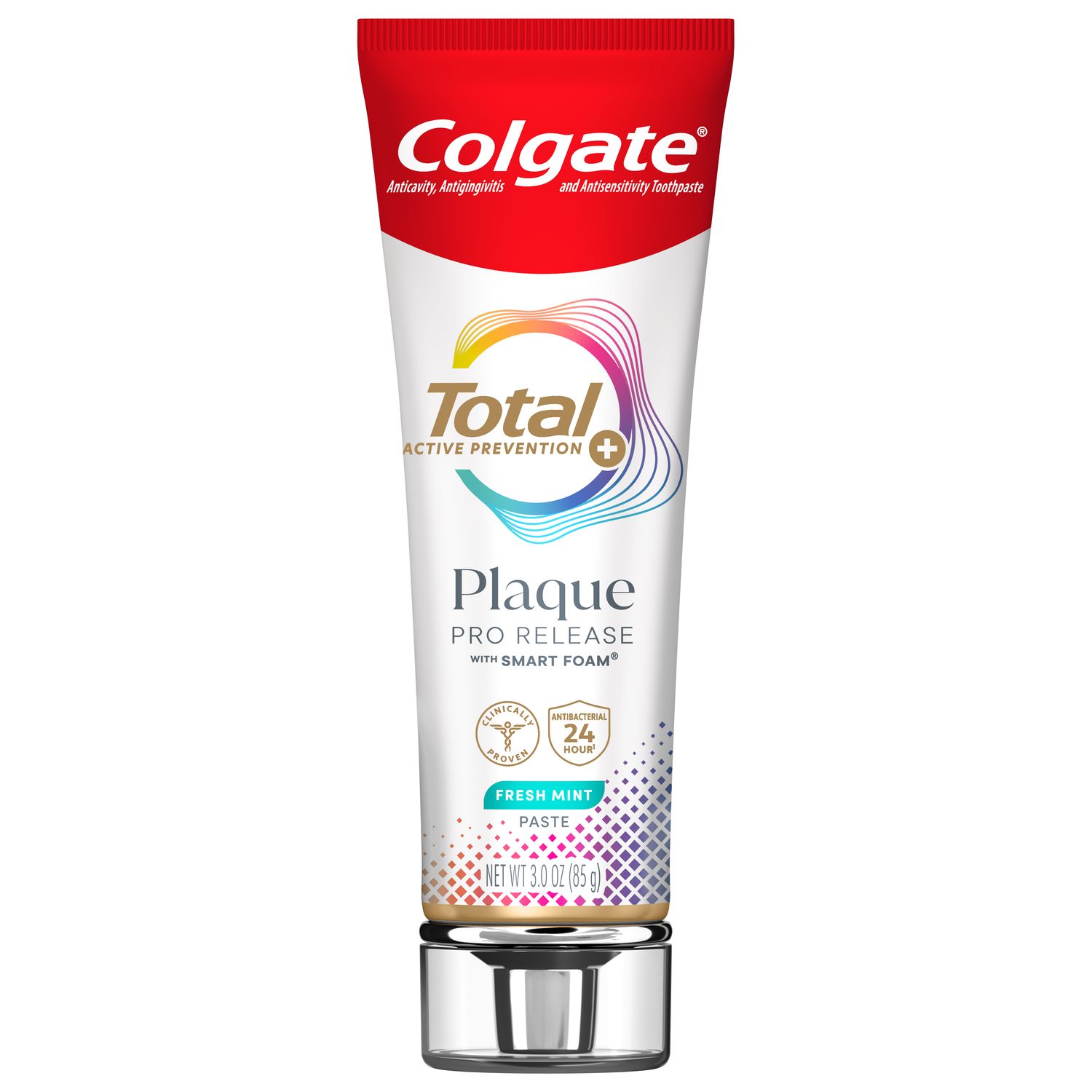
Congratulations! You've looked forward to the beginning of your dental career for a long time. Now, how are you supposed to navigate life after dental school? There isn't a textbook, and there are some hurdles to clear along the way, but don't worry. You can do this!
Read on for a look at some of the main career challenges you'll overcome as you transition from dental student to dental professional.
Managing Your Time
In dental school, you were likely given a lot of time, and sometimes a few hours, to complete most procedures, for example a filling or a crown. After dental school, you will likely be expected to complete a single filling in 30 minutes and a crown in an hour while still providing top-notch treatment.
At first, if you are working on building up your patient list and not very busy, this may not be an issue and you will still have extra time as you make your transition. You can also set goals for yourself during appointments. If you are prepping a crown, set a goal to have the patient's local anesthesia completed and effective 10 minutes after the start of the appointment, the tooth prepped 25 minutes in and have a final impression completed 10 minutes after that. Plan on using the rest of the time to make a temporary crown, get a shade and give the patient their post-op instructions. Schedule some extra time for each procedure for your first couple of months, but before long you should notice that you won't need it.
Adjusting to Dental Office Dynamics
Whether you are going to be a practice owner, associate or employee dentist, there will be many aspects of real-world dentistry to learn. Things as common as routinely working with an assistant and doing hygiene exams will take some getting used to. Dental students are often used to operating alone, so working with staff can be a big change.
Work with your assistant to try different ways of working together during procedures to see what makes you feel most comfortable and works best. If your assistant has worked in dentistry for a while, ask how they have done things previously. A seasoned assistant can be a wealth of information and can help you hit your procedural stride.
Besides offering advice in the operatory, the seasoned members of your new practice can also give you an idea of how the staff relates to one another. Ask senior dentists how they motivate employees or how an upbeat office manager might help prevent and resolve interpersonal conflicts.
Improving and Broadening Your Skills
Dental school gives you an excellent foundation to be a good dentist, but it is impossible to learn every aspect of dentistry in four years. Life after dental school must include lifelong learning. Luckily, there are countless continuing education courses available at conferences, college campuses and online. Completing webinars for some of your CE credits is an excellent option! (You can even take these while still in your pajamas.)
Dentaltown, Spear Education and the American Dental Association are a few of my other favorite resources for CE courses and workshops. You can supplement your CE course load with some of the many free dental podcasts available on topics like technology, financial planning or dental public health.
Listening to Your Peers
You will encounter obstacles right after dental school and throughout your dental career, but you can overcome them with proper planning and advice from the right sources. Most importantly, rely on your peers in the dental community. They have been in your position and they can offer invaluable advice.
Dentistry can also be isolating at times, but networking with other professionals can help you expand your view and stay motivated. Go to your local dental society meetings or dental convention and rub shoulders with your colleagues. You'll find that they have experienced many of the same challenges that you are and that together you can brainstorm solutions.
Life after dental school can be daunting, but there are many resources available to help you make the transition from student to trusted clinician. Be patient, motivated and dedicated, and dentistry will be a very rewarding career.
Join us
Get resources, products and helpful information to give your patients a healthier future.
Join us
Get resources, products and helpful information to give your patients a healthier future.













